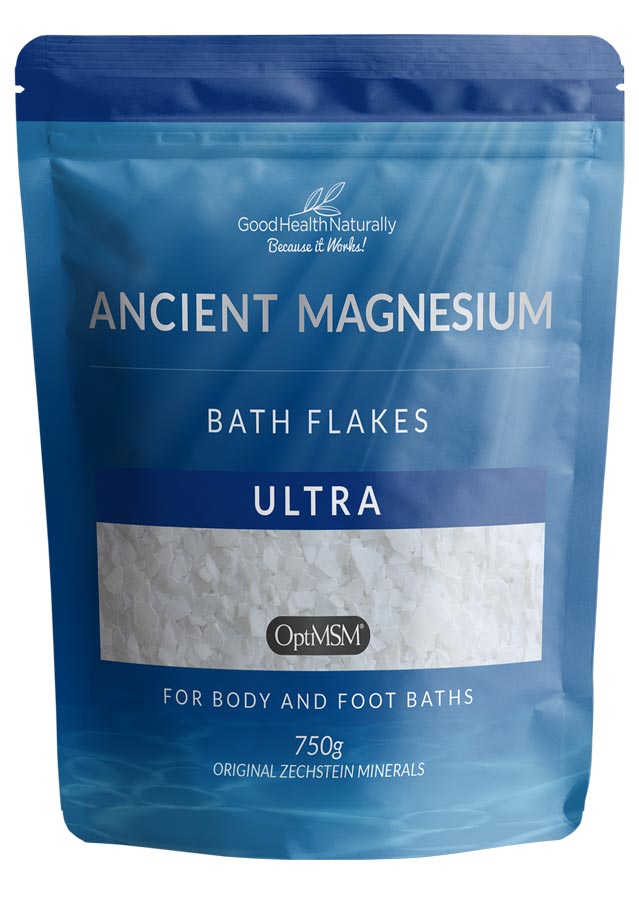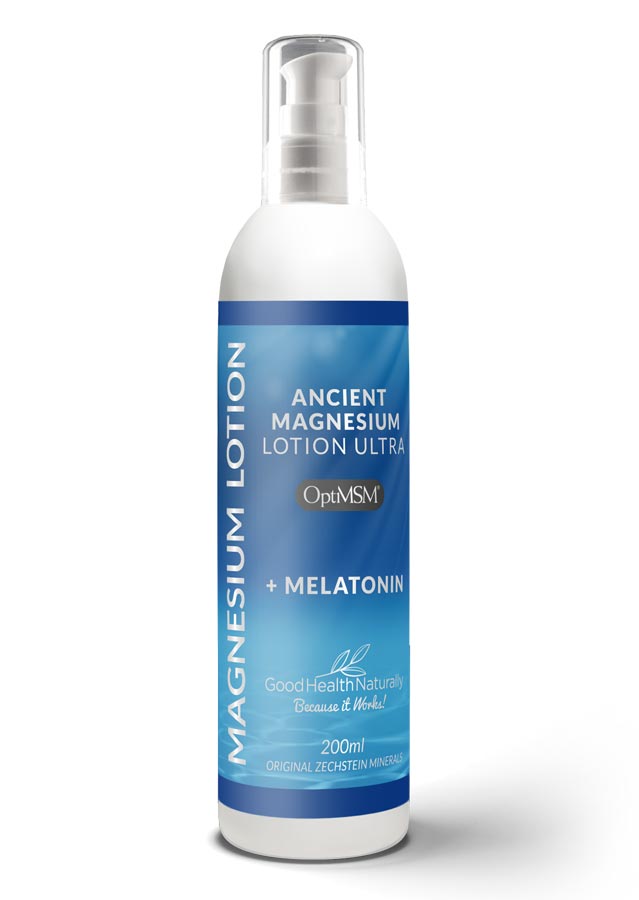This week, we delve into the headlines, where menopause has again taken centre stage. The spotlight on menopause has only intensified in recent years, reflecting a societal shift towards understanding and supporting women during this significant phase of life. What makes this week’s update particularly noteworthy is the news on how employers are expected to treat women experiencing menopause. As workplaces acknowledge women’s unique challenges in navigating this life stage, the conversation is expanding to encourage a more inclusive and supportive environment.
The Equality and Human Rights Commission has recently issued new guidance that has the potential to reshape the way menopause is perceived in the workplace. The guidance asserts that if menopause symptoms exhibit a long-term and substantial impact on women’s day-to-day activities, it may be officially recognised as a disability.
By categorising specific menopausal symptoms as a disability, the Commission aims to prompt employers to reassess their policies and practices. Under the Equality Act 2010, an employer must make reasonable adjustments and not discriminate against workers. The guidance states that female workers experiencing symptoms may be protected against less favourable treatment related to their menopause symptoms on the grounds of age and sex.
The move comes following a vast number of women reporting that they have been forced out of a role or passed over for promotion due to symptoms experienced during menopause.
Baroness Kishwer Falkner, chair of the Equality and Human Rights Commission, said: “We hope that this guidance helps ensure every woman going through the menopause is treated fairly and can work in a supportive and safe environment.”
While it is reasonable to expect the workplace to be supportive of women during menopause, and many women have welcomed the guidance, it has also caused some controversy. What frustrates some women is referring to the symptoms as a disability, as it is something that every woman goes through. Meaningful health and well-being support should be available, in and out of the workplace, instead of adding more labels to the transitional time in a woman’s life. How menopause is framed will no doubt continue to be hotly discussed.
As we revisit this topic, we’d also like to reinforce the importance of adopting a holistic approach to well-being during and after menopause. Over the past editions, we’ve delved into nutritional and lifestyle tips to enhance women’s overall health during the menopausal transition, and this week, we’ve revisited some of these below.
Stress Management:
Menopause can sometimes be accompanied by increased stress levels, which may exacerbate symptoms. Incorporate mindfulness practices, such as meditation, deep breathing exercises, or yoga, into your daily routine. These techniques can help alleviate stress, promote relaxation, and promote positive emotional well-being.
Sleep Hygiene:
Menopause can often bring about changes in sleep patterns. Establishing good sleep hygiene practices is crucial for managing symptoms such as insomnia. Create a calming bedtime routine, limit screen time before sleep, and ensure a comfortable sleep environment. Soak in a magnesium bath before bedtime or apply a magnesium lotion to help promote relaxation. Adequate and restful sleep is essential for overall health, mood regulation, and managing the fatigue that may accompany menopause.
Regular Exercise:
Regular physical activity is vital for managing weight, supporting bone and cardiovascular health, and combating mood fluctuations associated with menopause. Incorporate a mix of aerobic exercises, strength training, and flexibility exercises into your routine. This not only contributes to physical well-being but also aids in reducing stress and improving overall mental health.
Healthy Fats:
Including healthy fats in your diet is particularly beneficial during and after menopause. Omega-3 fatty acids, found in fatty fish like salmon, chia seeds, and walnuts, are associated with reduced inflammation and may help alleviate certain menopausal symptoms. Avocados, olive oil, and flaxseeds are excellent sources of monounsaturated fats and can contribute to overall heart health. These healthy fats also provide essential nutrients and support hormone production and balance, which is crucial during the menopausal transition.
Purple Maca:
Purple maca, a variant of the more common yellow maca root, has gained attention for its potential benefits in female hormone balance and energy. Rich in antioxidants and nutrients, adding purple maca to your diet may also support the body during the menopausal transition.
Remember that small, intentional changes can lead to substantial improvements. Therefore, focusing on self-care can help women navigate the menopausal journey with resilience, wisdom, and radiant health.
Recommended products:
Please note: The product images represent the ongoing rebranding across Good Health Naturally range and may currently vary from actual stock.








